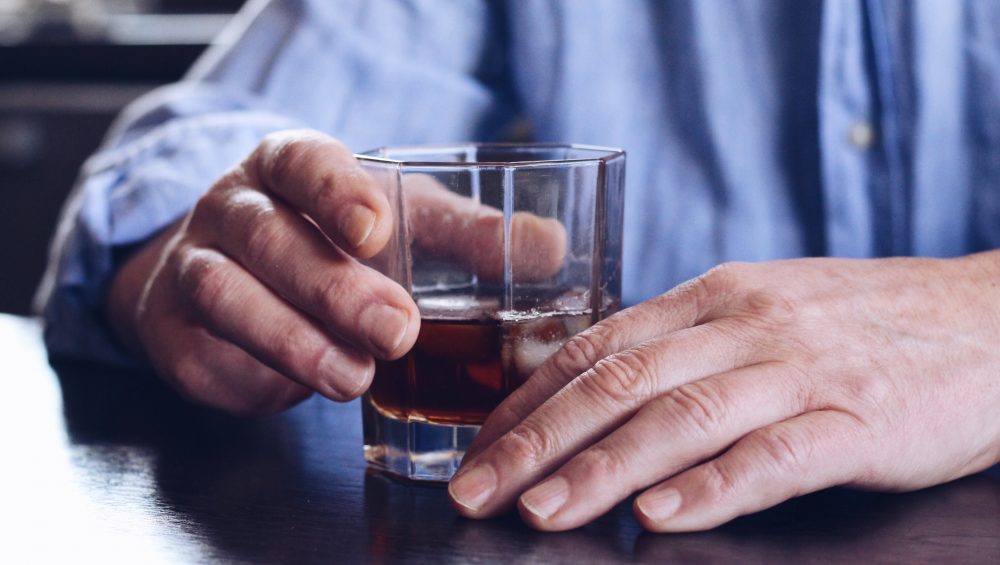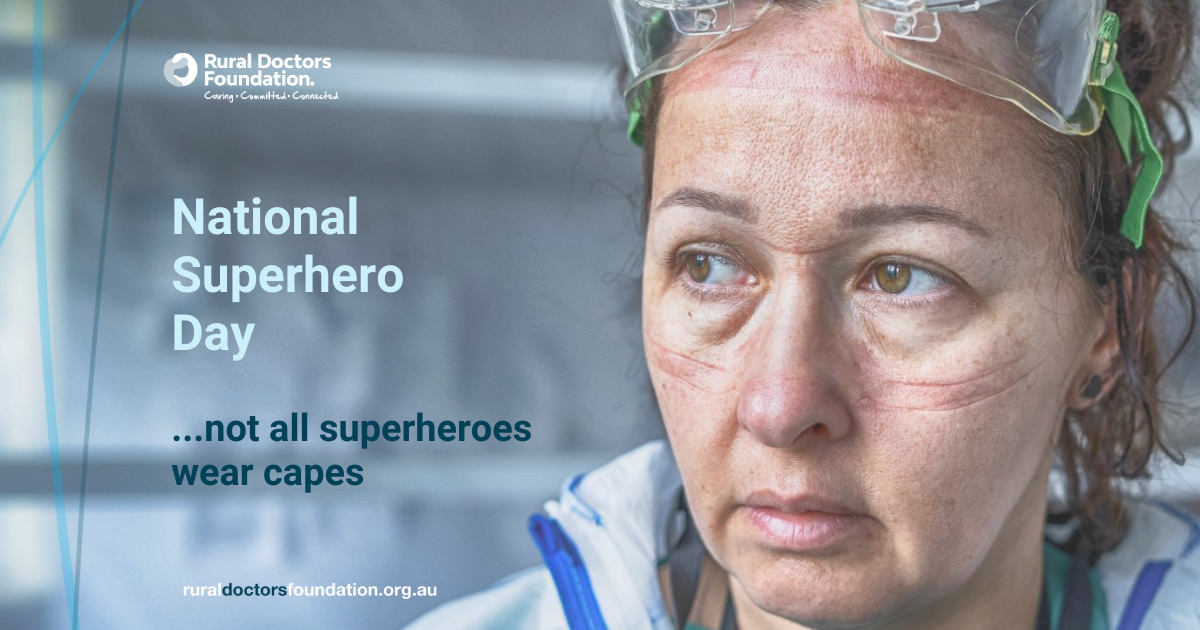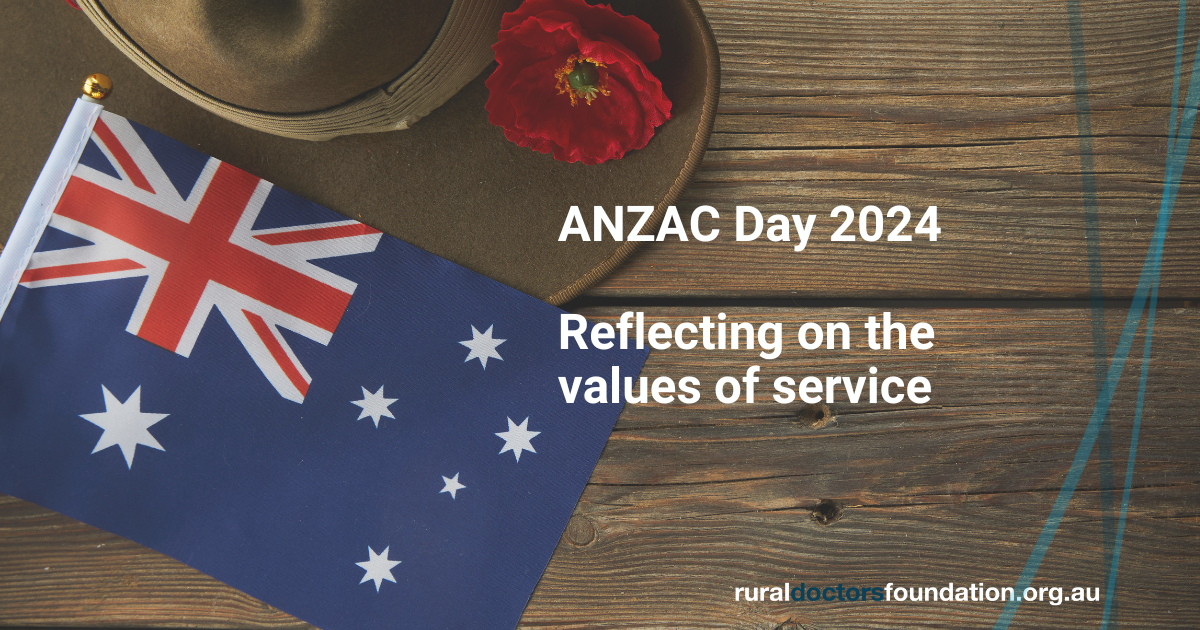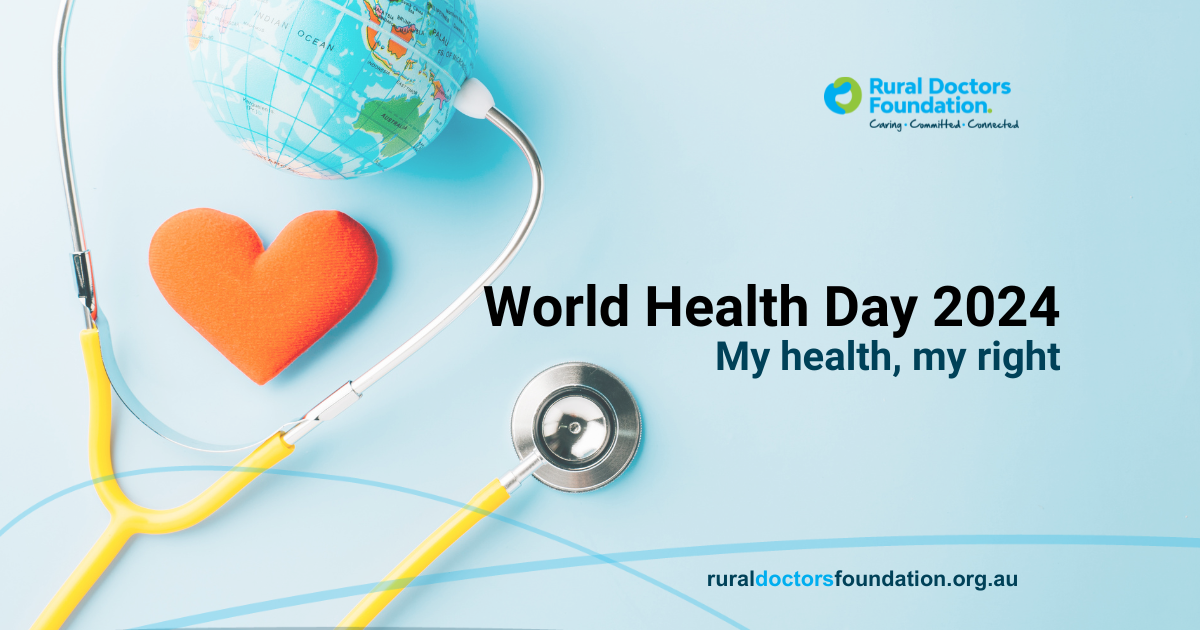A rural road late at night. Heavy machinery. Isolation. Limited access to emergency health care.
These are some of the reasons why reducing your alcohol intake is even more important for those living in rural communities.
And the benefits of reduced alcohol intake can be felt in just a few days. A better night sleep. More energy.
Improved concentration. Brighter skin and eyes. Weight loss. Better gut health.
And, by reducing your alcohol intake, you will significantly reduce the potential for longer term serious illnesses
such as cancer and liver and heart disease.
So how much is too much?
You are out having a great night or with your favourite people at home so it can be hard to keep track of how much alcohol you’re putting away.
The Australian Guidelines recommend healthy adults should drink no more than 10 standard drinks a week. A standard drink contains about 10 grams of alcohol – the amount your body can process in one hour. You should also limit your drinking to no more than 4 standard drinks per day. Binge drinking can be as dangerous as long-term drinking.
And, a standard drink is much smaller than you may think. Did you know that the average glass of wine served in a pub contains 1.5 standard drinks?
Check labels to see how many standard drinks your alcohol of choice contains.
How to know if you’re drinking too much
Drinking alcohol is so normalised in Australia and particularly in rural towns. You may not realise you are drinking to excess. Having a few drinks is just a way of winding down after a long day or an opportunity to socialise. Some find it hard to go a day without drinking, or to limit the number of drinks. This can increase over time and alcohol becomes a problem that is not only impacting your health, but also your finances, your relationships and your ability to function.
Look out for these signs that indicate you may have a problem with alcohol:
· you are drinking more than recommended in the Australian Guidelines
· you or others are worried about how much you drink
· you need to drink more to feel the same effect
· you crave alcohol
· alcohol is affecting your physical or mental health
· you don’t feel in control of your drinking – you can’t cut down or stop even if you want to
· your drinking is interfering with your relationships, job and family commitments
· you experience physical symptoms such as shaking, sweating, anxiety or vomiting when you don’t drink.
Benefits of reduced alcohol intake
Deeper sleep
When drinking, you spend less time in the deep, restorative stages of sleep. You’re also more likely to wake in the early hours of the morning and find it hard to drop off again. By cutting back on alcohol, the quality of your sleep improves, making you less moody and better able to concentrate.
Better health
Cutting down on alcohol lowers blood sugar and reduces incidence of headache and heartburn. It also lowers blood pressure and reduces cholesterol. Alcohol can cause problems for your stomach and digestive
system including irritable bowel syndrome (IBS) and gastritis.
Alcohol disturbs your sleep and sugar regulation. This has a two-phase effect. Initially, it lowers your sugar and energy levels and makes you feel chill, and the second phase increases energy and high sugar levels. Weight gain from alcohol is due to secondary high sugar levels. Alcohol increases your risk of developing diabetes.
Alcohol also weakens your immune system. If there is a cold or bug doing the rounds in the community, you will be better able to fight it off and recover more quickly.
Over time, liver function can improve. The liver performs essential processes in our bodies. By reducing how much you drink, the liver can focus on this instead of working overtime to process and eliminate alcohol.
Many alcohol-related health risks don’t appear until later in life. By not drinking as much, you may reduce your potential of cancer, liver and heart disease.
Improved mental health
For many, alcohol can make stress and anxiety worse. Drinking interferes with the neurotransmitters in our brains. Because you’re not experiencing the low mood, anxiety and tiredness on the day after drinking, your mood will shift, and you’ll have more time to spend doing things that make you happy!
Increased energy and improved concentration
With its negative effects on your sleep and mood, drinking too much can make you feel tired, and sluggish. When working with heavy machinery or driving long distances, reduced energy or inability to concentrate can be catastrophic.
By drinking less, you will have more energy and be able to concentrate better.
And let’s not forget that reducing alcohol consumption makes you more attractive.
Fresher looking skin and slimmer waistline
Alcohol dehydrates your body – it is a diuretic that increases your body’s need to urinate. You lose water and sodium more quickly, leaving skin looking dull and dry.
After just a few days of drinking less, you will notice your skin looking better and people may comment on your improved colour.
Alcohol is high in calories with almost the same calories per gram as pure fat. Depending on the drink, sugar content can also be high. One bottle of white wine has 30 grams of sugar – equivalent to 8 teaspoons of sugar! And this doesn’t even consider any late-night snacking or junk food you might eat the following day.
Alcohol is a trigger for rosacea (facial redness or flushing) and can worsen the condition if you already have it.
Did you know 2 glasses of wine (175ml) is the equivalent of 318 calories? This is about 1/7 of your daily calorie allowance for a healthy woman.
Impressive bank balance
Many don’t consider how much they are spending on alcohol. If you chose not to have three schooners at the pub each night, you could have an extra $10,000 in your bank account at the end of the year!
Healthier relationships
Drinking affect relationships. You are likely to argue or behave inappropriately, alienating
your friends, and setting a bad example to your kids. Managing alcohol intake
may reduce any friction or embarrassment and improve your social life. It may
even save your marriage!
Tips for cutting back on alcohol
Catch up for a coffee instead or do something active together
Try catching up with friends at café for a coffee, tea, or non-alcoholic drink, rather than the pub. You can also catch up over a game of cricket, have a hit of tennis, go for a bushwalk, or visit the beach – get creative!
Look for substitutions
If you want to enjoy a refreshing drink while socialising, opt for one that is non-alcoholic. Have a glass of water in between each alcoholic drink. Always go for water when you need to quench your thirst. Remember, alcohol dehydrates you. You may also choose a drink with a low alcohol content or dilute spirits with extra mixer and ice.
Have alcohol-free days
Set yourself some alcohol-free days each week. At the start of the week, map out which days’ work best for you, and commit! Having three alcohol free days per week massively decreases risk of liver cancer.
Eat while you drink and sip slowly
Avoid making alcohol the focus of your time with friends and family. Enjoy a meal together rather than just going for a drink. This will slow your drinking pace. Sip your drinks slowly. Take time to talk, relax and catch up, and enjoy the company of those you are with. There is no rush to get back to the bar.
Set yourself a limit
Before going out, set yourself a limit on the number of standard drinks you’ll have. And remember what a standard drink is! Once you reach your limit, switch to non-alcoholic drinks. Make sure your limit is not that high that you forget or get caught up in the alcohol euphoria.






